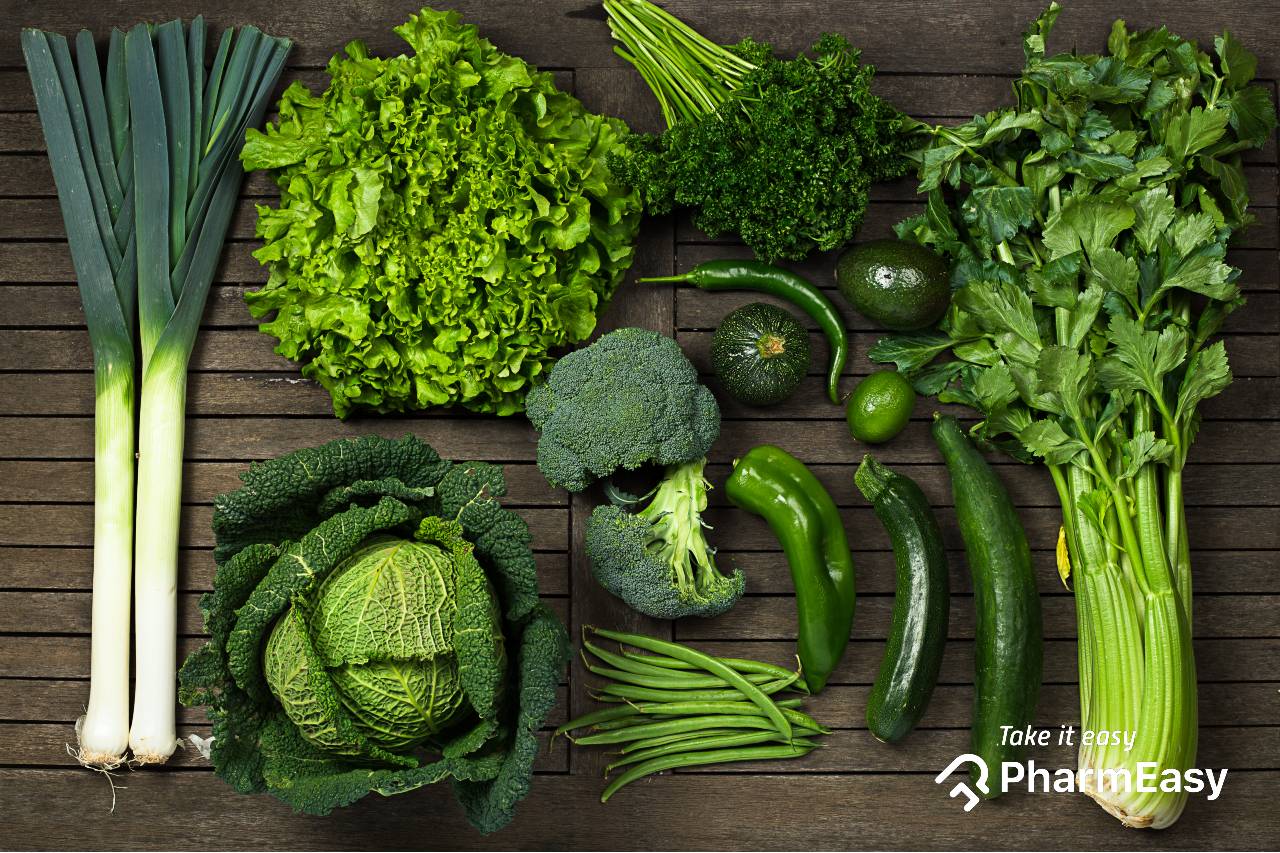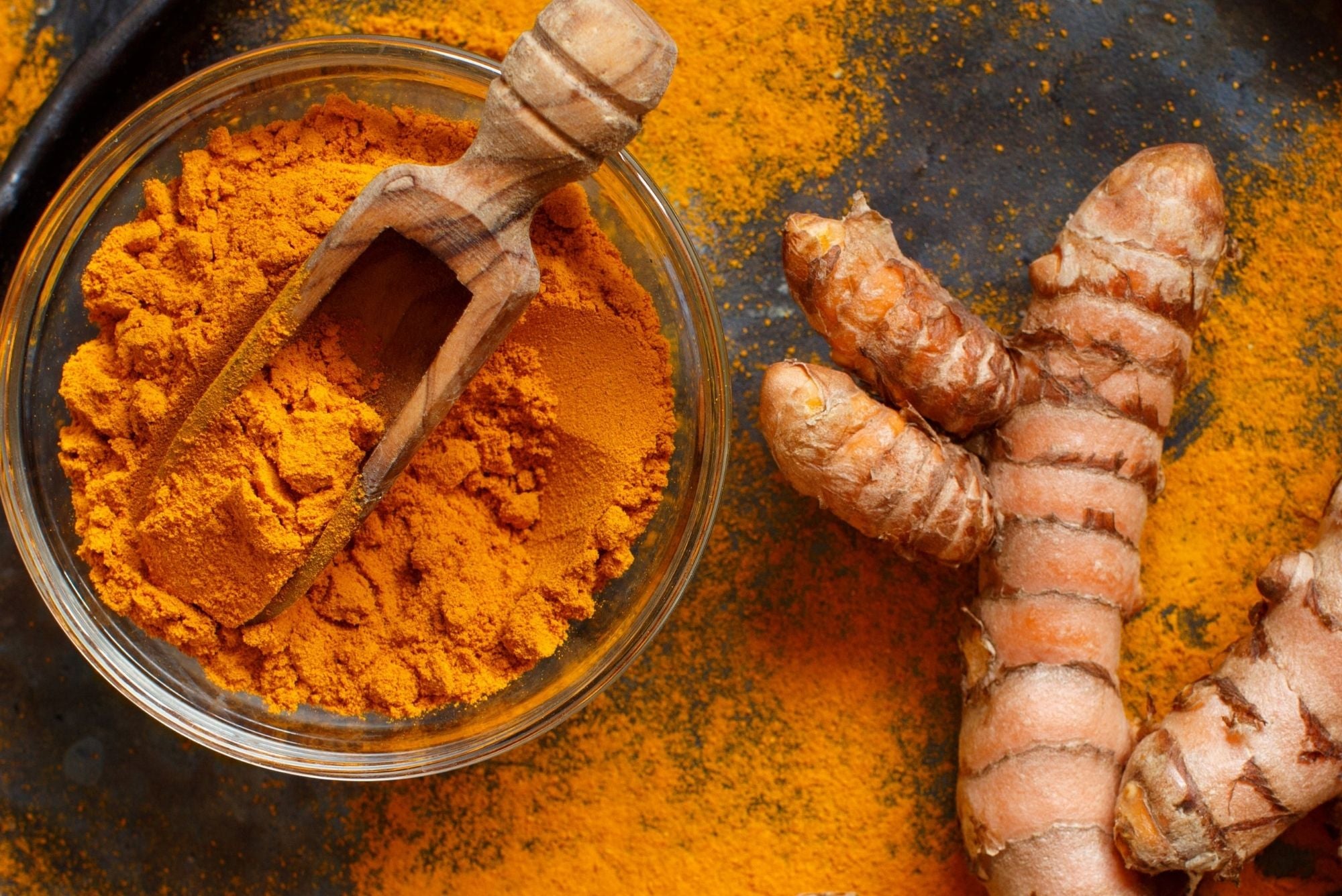Inflammation in the lungs can be a challenging condition that requires appropriate medical attention. While medical treatments are essential, adopting a healthy lifestyle and incorporating anti-inflammatory foods into your diet can potentially support lung health and reduce inflammation. In this article, we will explore six top foods known for their potential to help reduce lung inflammation. However, it's important to note that these foods should be part of an overall balanced diet and should not replace any prescribed medical treatments or advice from healthcare professionals.
1, Fatty Fish.
Fatty fish, such as salmon, mackerel, sardines, and trout, are known for their high content of omega-3 fatty acids. Omega-3 fatty acids are a type of polyunsaturated fat that is beneficial for overall health, particularly due to their anti-inflammatory effects.
Omega-3 fatty acids have been extensively studied and have shown positive effects on reducing inflammation in the body. Inflammation is a natural immune response, but when it becomes chronic, it can contribute to various health problems, including lung diseases.
Research suggests that omega-3 fatty acids may help reduce lung inflammation and support lung health. Chronic inflammation in the lungs is associated with respiratory conditions such as asthma, chronic obstructive pulmonary disease (COPD), and other lung diseases. By consuming foods rich in omega-3 fatty acids, like fatty fish, you may potentially help reduce inflammation in the lungs and promote better respiratory function.
It's important to note that while omega-3 fatty acids can have beneficial effects on lung health, they should not be considered a sole treatment or cure for respiratory conditions. If you have any concerns about your lung health or any respiratory conditions, it's crucial to consult with a healthcare professional. They can provide proper diagnosis, guidance, and recommend appropriate treatment options tailored to your specific needs.
In addition to consuming fatty fish, other sources of omega-3 fatty acids include flaxseeds, chia seeds, walnuts, and certain types of algae-based supplements. It's recommended to incorporate a balanced and varied diet to ensure an adequate intake of essential nutrients for overall health, including lung health.
2, Leafy Greens.
Dark, leafy greens like spinach, kale, and Swiss chard are highly nutritious and offer a range of health benefits, including supporting lung function and combating inflammation.
These greens are rich in antioxidants, which are compounds that help protect cells from damage caused by harmful molecules called free radicals. By neutralizing free radicals, antioxidants help reduce oxidative stress and inflammation in the body, which can be beneficial for overall health, including lung health.
Additionally, dark, leafy greens are abundant in vitamins and minerals that support proper lung function. For example, they are excellent sources of vitamin C, which is known to help strengthen the immune system and reduce the risk of respiratory infections. Vitamin C may also have anti-inflammatory properties that can benefit the lungs.
Moreover, leafy greens are often high in vitamin K, which plays a role in blood clotting and may have anti-inflammatory effects. They also provide essential minerals like magnesium and potassium, which are involved in muscle function, including the muscles that support breathing.
Incorporating dark, leafy greens into your diet can be a great way to provide your body with these important nutrients and support lung health. You can enjoy them in salads, smoothies, stir-fries, or even lightly sautéed as a side dish.
However, it's important to remember that while a healthy diet, including leafy greens, is beneficial for overall health, it is not a substitute for medical treatment or a cure for respiratory conditions. If you have specific concerns about your lung health or respiratory conditions, it's always advisable to consult with a healthcare professional for personalized advice and guidance.
3, Turmeric.
Turmeric is a spice known for its vibrant yellow color, and it contains a compound called curcumin. Curcumin is widely recognized for its potent anti-inflammatory properties, making turmeric a popular ingredient in traditional medicine and culinary practices.
Curcumin has been studied extensively for its potential health benefits, including its anti-inflammatory effects. It is believed to work by inhibiting various molecules and pathways involved in inflammation within the body. By reducing inflammation, curcumin may help alleviate symptoms associated with inflammatory conditions, including lung inflammation.
While there is emerging research on the potential benefits of curcumin in lung health, it's important to note that more studies are needed to fully understand its effects specifically on lung inflammation and respiratory conditions.
Incorporating turmeric into your diet can be done by using it as a spice in various dishes, such as curries, soups, or stir-fries. Additionally, turmeric supplements containing concentrated amounts of curcumin are also available, but it's advisable to consult with a healthcare professional before starting any new supplement regimen.
It's worth mentioning that curcumin has low bioavailability, meaning that its absorption and utilization by the body can be limited. However, combining turmeric with black pepper or consuming it with fat can enhance its absorption.
While turmeric and curcumin may have potential health benefits, it's important to keep in mind that they are not a substitute for medical treatment or a cure for respiratory conditions. If you have any concerns about lung inflammation or respiratory health, it's best to consult with a healthcare professional for proper diagnosis and guidance.
4, Ginger.
Ginger is a popular spice that has been used for its medicinal properties for centuries. It contains bioactive compounds, such as gingerol, that are known for their anti-inflammatory effects.
Inflammation plays a role in various health conditions, including respiratory issues. Ginger's anti-inflammatory properties may potentially help reduce inflammation in the lungs and support respiratory health.
Ginger can be consumed in different forms. Fresh ginger root can be grated or sliced and added to dishes, such as stir-fries, soups, or smoothies, to provide a spicy and aromatic flavor. Ginger can also be made into a soothing tea by steeping grated ginger in hot water. Some people find relief from respiratory symptoms by drinking ginger tea.
While ginger is generally considered safe for most people, it's important to note that individual reactions and interactions with certain medications may vary. If you have any concerns or specific health conditions, it's advisable to consult with a healthcare professional before incorporating large amounts of ginger into your diet or starting any new herbal remedy.
As with other natural remedies, ginger should not be seen as a substitute for medical treatment. If you have any respiratory conditions or concerns about lung health, it's important to seek advice from a healthcare professional for proper diagnosis and treatment options. They can provide personalized guidance based on your specific needs.
5, Berries.
Berries, including blueberries, strawberries, and raspberries, are not only delicious but also packed with beneficial nutrients. They are rich in antioxidants, vitamins, and fiber, which make them excellent choices for supporting an anti-inflammatory diet.
Berries contain a variety of antioxidants, including anthocyanins, which are responsible for their vibrant colors. Antioxidants help protect the body's cells from damage caused by free radicals and reduce oxidative stress, which can contribute to inflammation. By incorporating berries into your diet, you can potentially help combat inflammation throughout the body, including the lungs.
In addition to their antioxidant content, berries are also good sources of vitamins, particularly vitamin C. Vitamin C is known for its immune-supporting properties and may also have anti-inflammatory effects. Consuming foods rich in vitamin C, like berries, can help support overall health and potentially benefit lung function.
Furthermore, berries are high in dietary fiber, which is essential for a healthy digestive system. Fiber promotes regular bowel movements and can help maintain a balanced gut microbiome. A healthy gut microbiome is increasingly recognized for its role in modulating immune responses and reducing inflammation.
Including a variety of berries in your diet is a great way to enjoy their antioxidant benefits. They can be eaten fresh, added to smoothies, mixed into yogurt, or used as toppings for cereals and desserts.
However, it's important to note that while incorporating berries into an anti-inflammatory diet is beneficial, they should not replace any medical treatment or prescribed medications. If you have any specific health concerns or respiratory conditions, it's always best to consult with a healthcare professional for personalized advice and guidance.
6, Green Tea.
Green tea is widely recognized for its potential health benefits, and its anti-inflammatory properties are among them. It contains a group of natural compounds called polyphenols, with catechins being the most abundant and well-studied.
Catechins in green tea have been shown to have antioxidant and anti-inflammatory effects. These compounds may help reduce inflammation throughout the body, including in the lungs. By reducing inflammation, green tea can potentially support lung health and contribute to overall well-being.
In addition to its anti-inflammatory properties, green tea also contains other bioactive compounds that may be beneficial for lung health. For example, it contains theanine, an amino acid that has been associated with relaxation and stress reduction, which can indirectly support lung function.
It's worth noting that the specific effects of green tea on lung inflammation may vary depending on individual factors and the presence of underlying respiratory conditions. While green tea can be a part of a healthy lifestyle, it should not be considered a substitute for medical treatment or prescribed medications.
To enjoy the potential benefits of green tea, it is generally recommended to consume it without additives such as sugar or milk, as these may affect its overall health benefits. Drinking 2-3 cups of green tea per day can be a good starting point, but it's essential to listen to your body and adjust the intake according to your tolerance and preferences.
If you have any specific health concerns or respiratory conditions, it's always best to consult with a healthcare professional for personalized advice. They can provide guidance based on your individual needs and help you incorporate green tea into a balanced and healthy lifestyle.
Reducing lung inflammation is a complex task that involves medical intervention and lifestyle changes. While the foods mentioned in this article, such as fatty fish, leafy greens, turmeric, ginger, berries, and green tea, are known for their potential anti-inflammatory properties, it is crucial to remember that they should complement, not replace, medical treatments. A healthy and balanced diet, rich in these anti-inflammatory foods, can potentially support lung health and contribute to overall well-being. As always, it's best to consult with a healthcare professional for personalized advice and guidance on managing lung inflammation.






Comments
Post a Comment